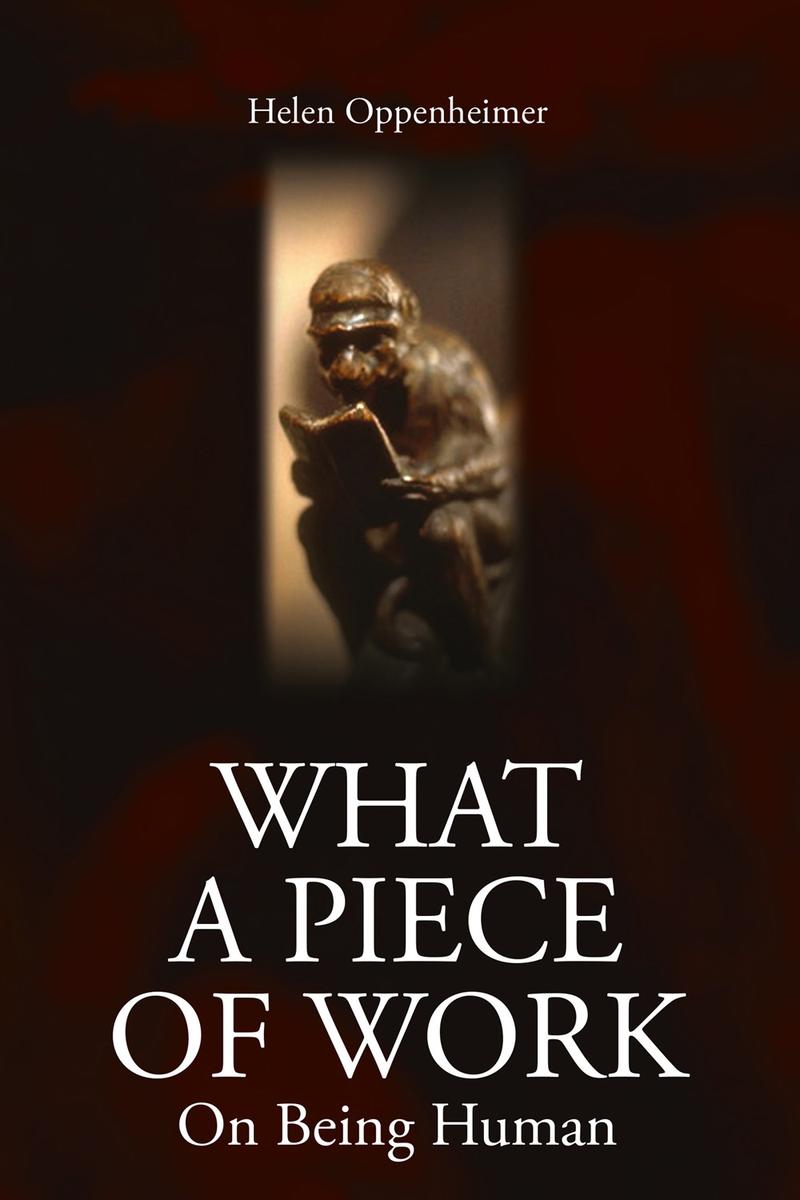
What a Piece of Work
¥63.67
This is a small book on a large subject: What is special about human beings? Hamlet mused, 'What a piece of work is man! How noble in reason! how like a god!' but went on to speak of 'this quintessence of dust'. Helen Oppenheimer prefers to start with the dust and move to the glory: we really are animals - and from these animals has come Shakespeare. People are indeed 'miserable sinners' - and also magnificent creatures.The author does not disguise that she is a Christian theologian whose subject is ethics, but she writes equally for non-Christians. Her invitation to the reader is: Here is a way of looking at things that I find exciting and convincing - I hope you do too.

Principles and Politics in Contemporary Britain
¥132.34
This book shows the importance of political ideas in policy-making and demonstrates the extent to which pragmatic considerations preclude the imposition of rigid ideological programmes. It charts the decline of the postwar British 'consensus', the changing face of both the Conservative and Labour parties under the long shadow of Thatcherism, and the growing emergence of single issue policies such as environmentalism and feminism.With an extensive bibliography and suggested seminar and essay topics, Principles and Politics can be used on any course which focuses on contemporary British politics as well as having general appeal to those interested in looking at the contemporary political and ideological debate in the context of wider issues and trends. This second edition is completely revised and updated.
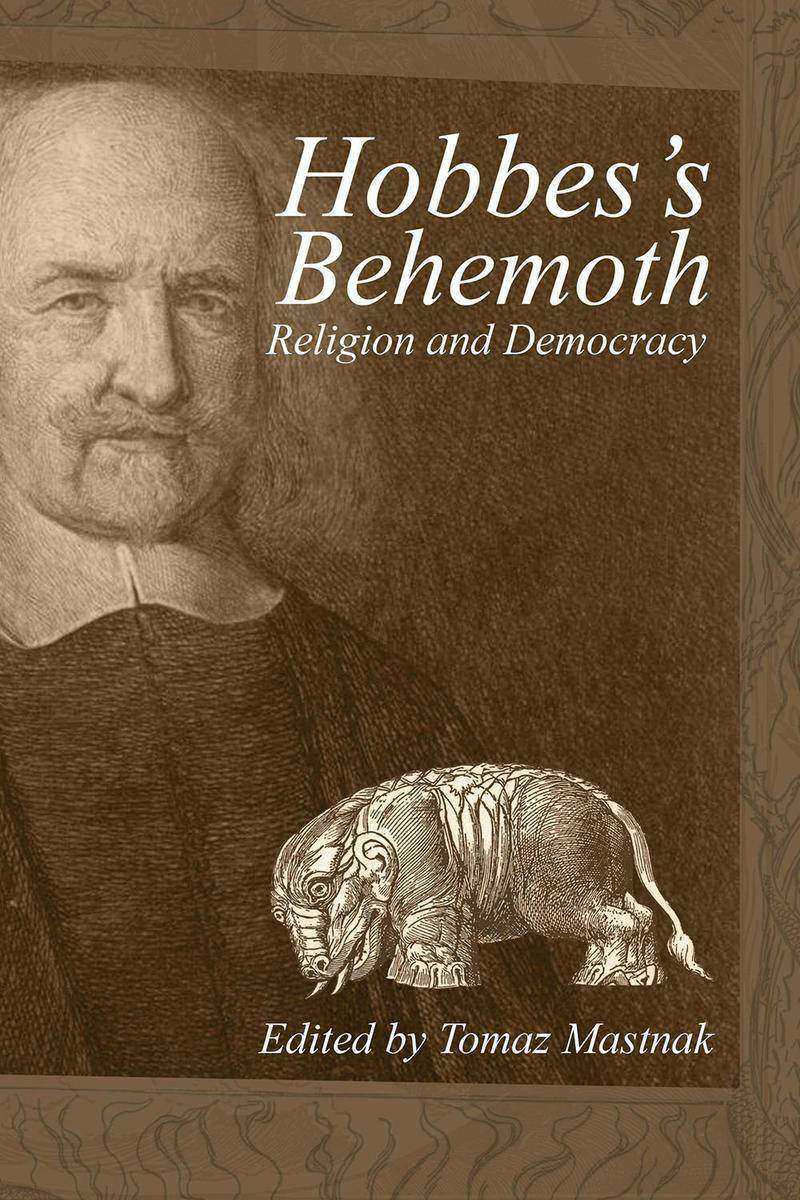
Hobbes's Behemoth
¥132.34
Hobbes's Behemoth has always been overshadowed by his more famous Leviathan, which is arguably his masterpiece and is one of the greatest works of political philosophy. Behemoth, Hobbes's "e;booke of the Civill Warr,"e; on the other hand, is most often seen as little more than a history of the English Civil War and Interregnum.This volume contains analyses and interpretations of the Behemoth: the structure of its argument, its relation to Hobbes's other writings, and its place in its philosophical, theological, political, and religious historical context. It also explores the implications of Hobbes's analysis of the "e;causes of the civil-wars of England and of the councels and artifices by which they were carried on.The contributions show Hobbes's relevance for today's debates about the decline of sovereignty and the state, and the rise of religious and democratic fundamentalisms.
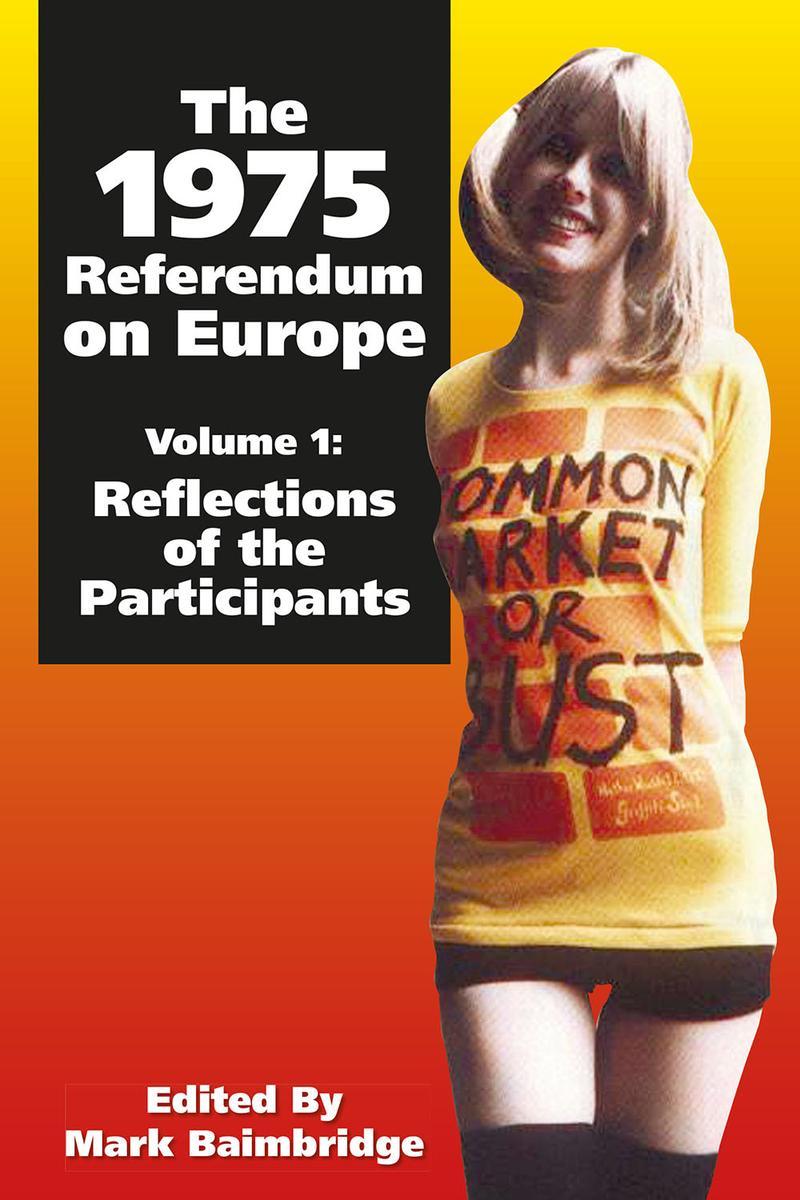
1975 Referendum on Europe - Volume 1
¥132.34
Provides an analysis of the relationship between the UK and the EU, treating the key overarching issues in the 1975 referendum and looking ahead to the prospect (eventually) of further referendums on the subjects of EMU and a European constitution.
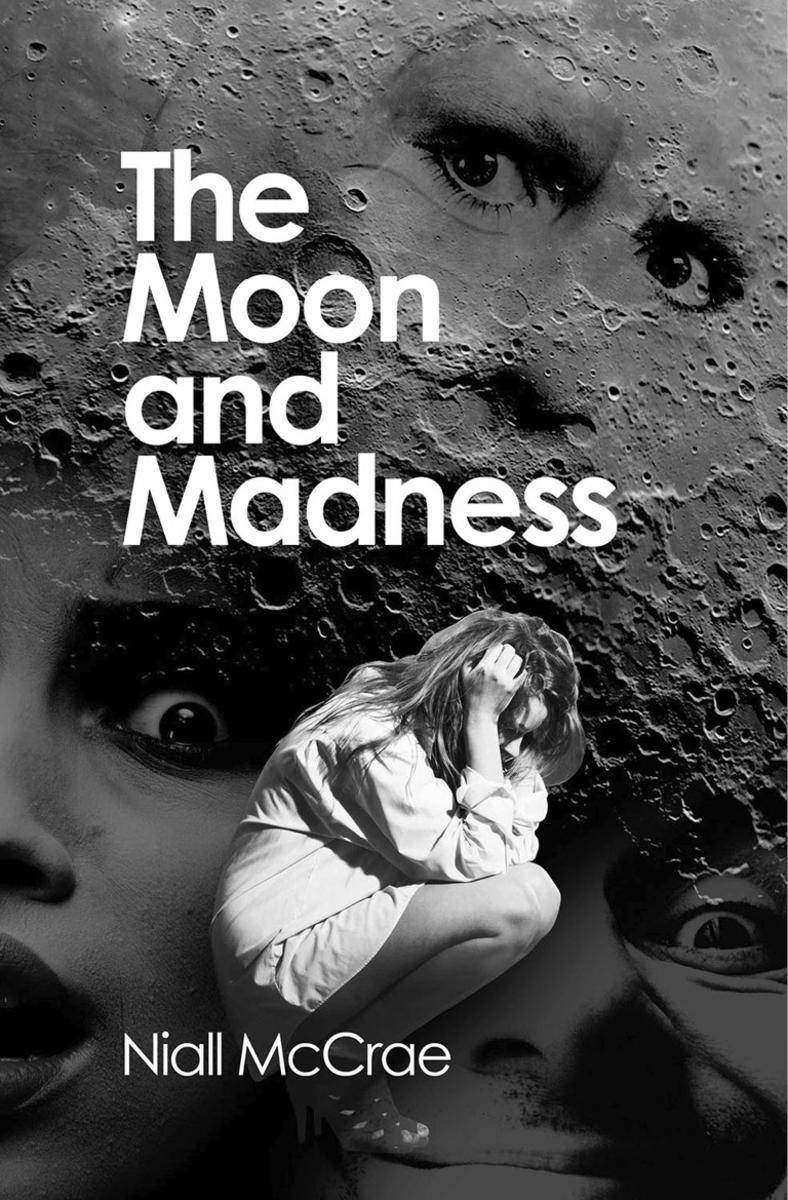
Moon and Madness
¥132.34
Lunacy, the legendary notion of minds unhinged by the moon, continues to captivate the popular imagination. Although it violates the assumptions of modern science and psychiatry, such belief remains common among mental health workers. Furthermore, several studies have found a small, unexplained correlation between behaviour and the lunar cycle. The book is divided into two parts. It begins with a historical account of the lunacy concept, followed by an investigation of hypothetical mechanisms for a lunar effect.
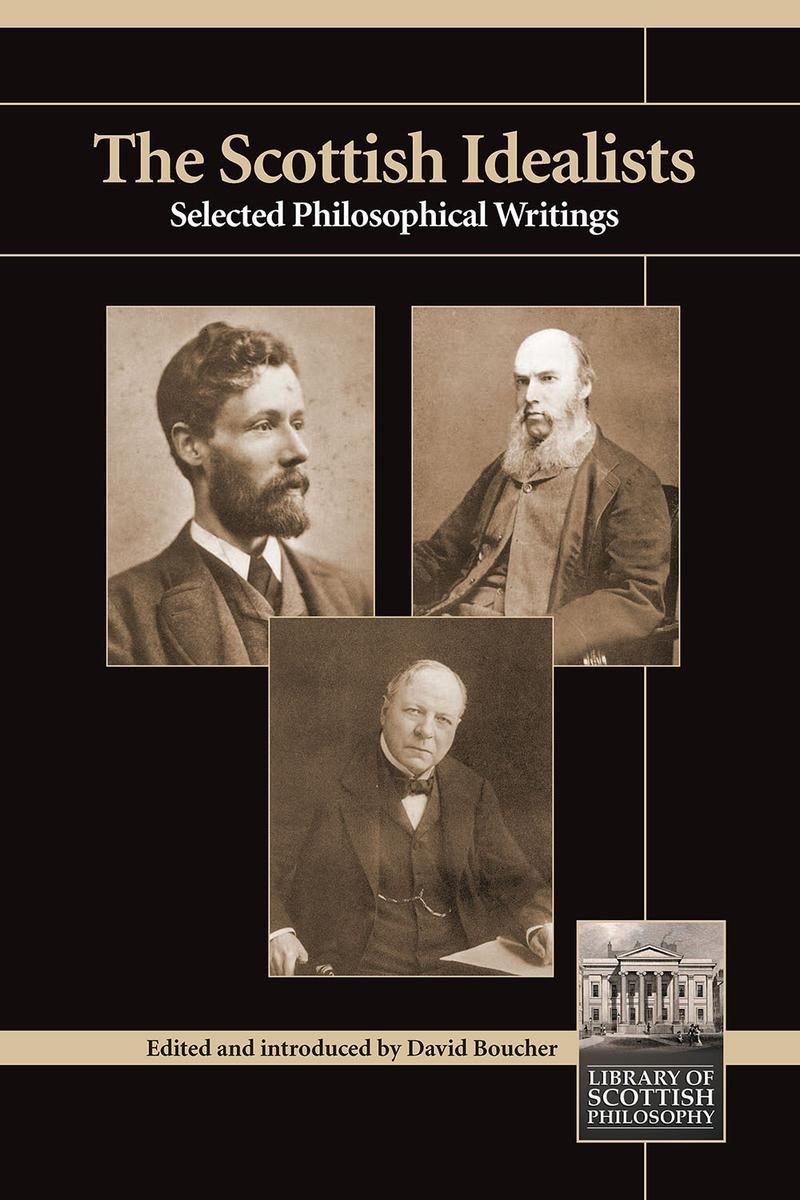
Scottish Idealists
¥107.81
The extent to which British Idealism was heavily influenced by Scots has been little noticed, yet not only were they at the forefront of introducing Hegel into Britain in the work of Ferrier, Carlyle, Hutcheson, Stirling and Edward Caird, but they were also distinctive in locating themselves in relation to the Scottish philosophical tradition they sought to extend. The Scottish Idealists, among them Edward Caird, David George Ritchie, Andrew Seth Pringle Pattison, William Mitchell, John Watson, and the Welshman Henry Jones who found his spiritual home in Glasgow, comprised a formidable force and dominated the philosophical professoriate in Britain, Australia and Canada from the late nineteenth century to the years leading up to the First World War. Its main centres were St. Andrews, Glasgow and Edinburgh in Scotland, Cardiff in Wales, and Oxford in England.This collection of readings, the first of its kind, has been chosen with a view to displaying the variety, richness and strength of the Scottish Idealist tradition, beginning with an essay from the famous Essays in Philosophical Criticism (1883), a book that set-out the future direction of enquiry for this group of thinkers who shared a 'common purpose or tendency'. Scottish Idealism was immensely spiritual in character and recognized no hard and fast distinctions between philosophy, religion, poetry and science. It was a formidable force in social and educational reform.
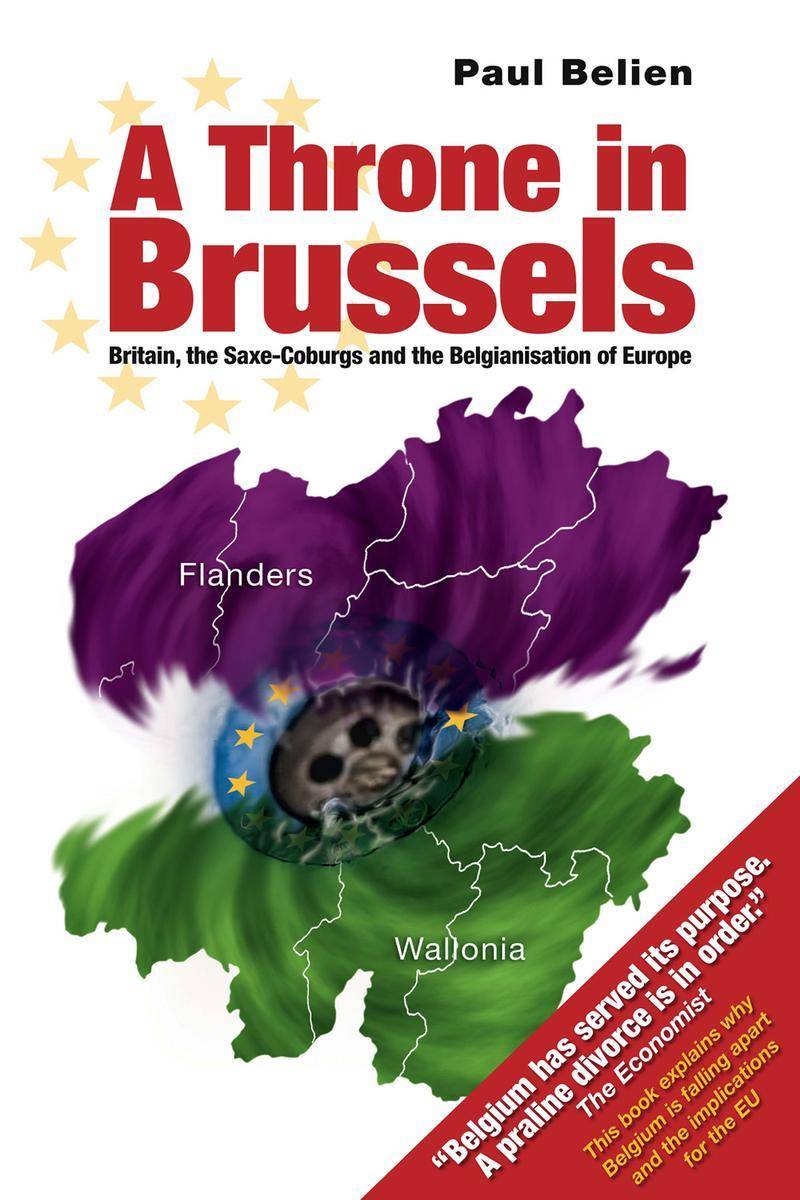
Throne in Brussels
¥107.81
Offers a history of the monarchy of Belgium, a country artificially created in 1817. This book argues that the pan-European super-state resembles a 'Greater-Belgium' rather than a 'Greater-Switzerland'.
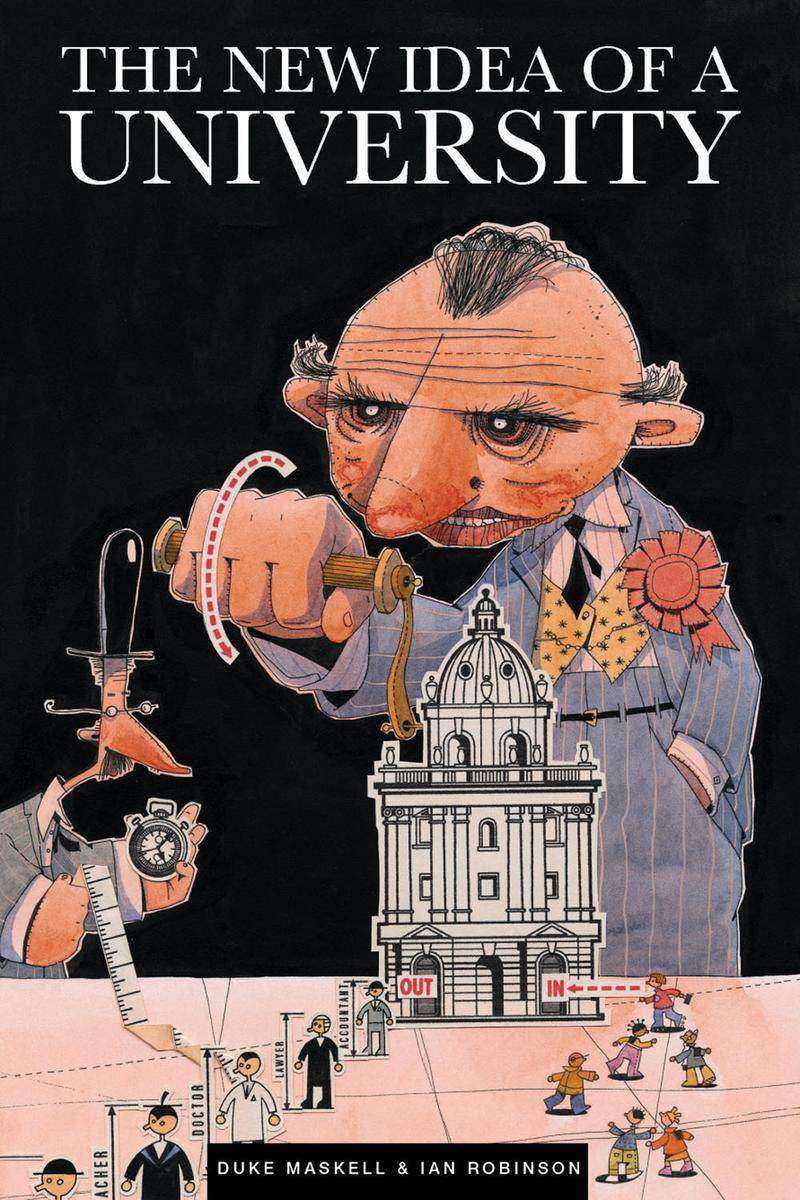
New Idea of a University
¥107.81
Something has gone deeply wrong with the university - too deeply wrong to be put right by any merely bureaucratic means. What's wrong is, simply, that our official idea of education, the idea that inspires all government policies and 'initiatives', is itself uneducated. With the growing emphasis in higher education on training in supposedly useful skills, has the very ethos of the university been subverted? And does this more utilitarian university succeed in adding to the national wealth, the basis on which politicians justify the large public expenditure on the higher education system? Should we get our idea of a university from politicians and bureaucrats or from J.H. Newman, Jane Austen and Socrates?The New Idea of a University is an entertaining and highly readable defence of the philosophy of liberal arts education and an attack on the sham that has been substituted for it. It is sure to scandalize all the friends of the present establishment and be cheered elsewhere.

Right Road to Radical Freedom
¥63.67
This work focuses on the topic of freedom. The author starts with the old issue of free will - do we as individual human beings choose our conduct, at least partly independently, freely? He comes down on the side of libertarians who answer Yes, and scorns the compatibilism of philosophers like Daniel Dennett, who try to rescue some kind of freedom from a physically determined universe. From here he moves on to apply his belief in radical freedom to areas of life such as religion, politics, and morality, tackling subjects as diverse as taxation, private property, justice and the welfare state.
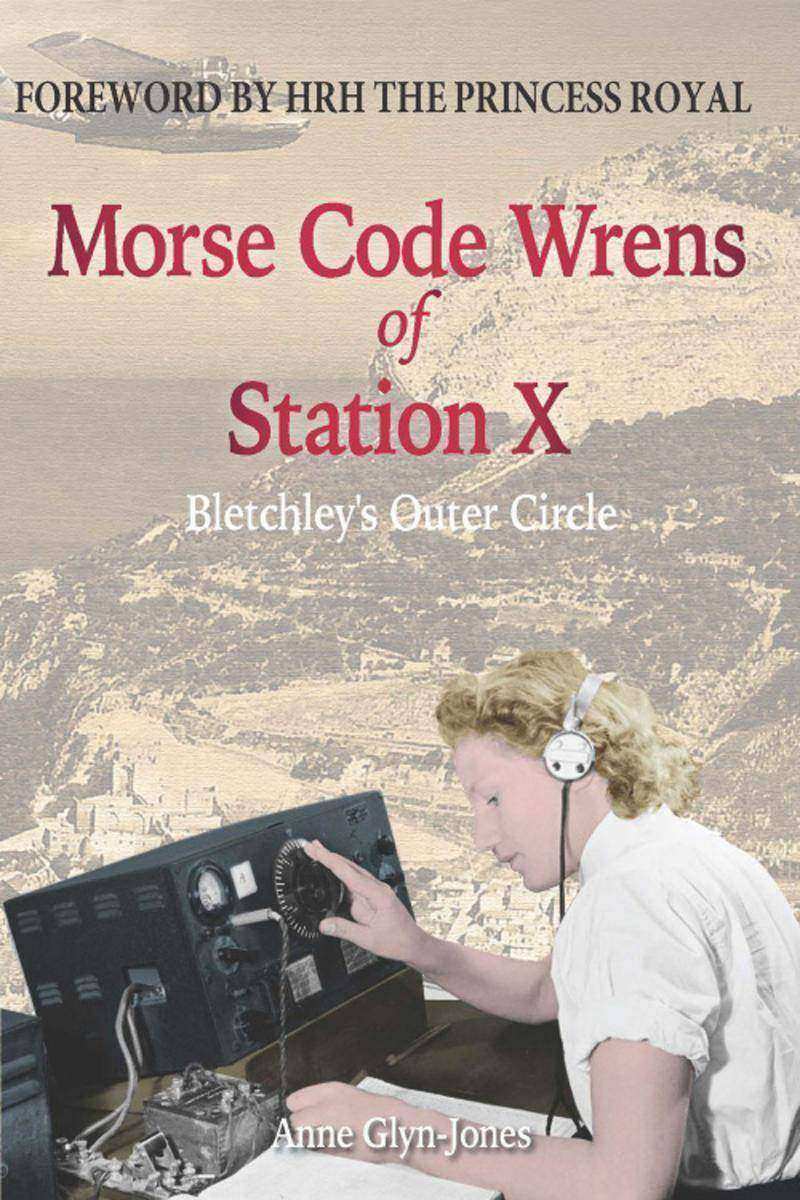
Morse Code Wrens of Station X
¥73.48
Anne Glyn-Jones opens up the secret world of the interceptors of German Morse Code signals during World War II. Leaving her girls' boarding school with romantic ideas about joining the navy as a Wren, Anne had no idea that she would be working for the mysterious 'Station X', which we now know to be Bletchley Park. Round the clock shifts, bed bugs, rats and poor diet took its toll, as well as the ongoing lack of recognition from the Navy hierarchy. Morse Code Wrens of Station X is a very personal memoir of a young woman's experiences of war time service, as well as providing fascinating insights into the daily realities of the battle for military intelligence superiority.
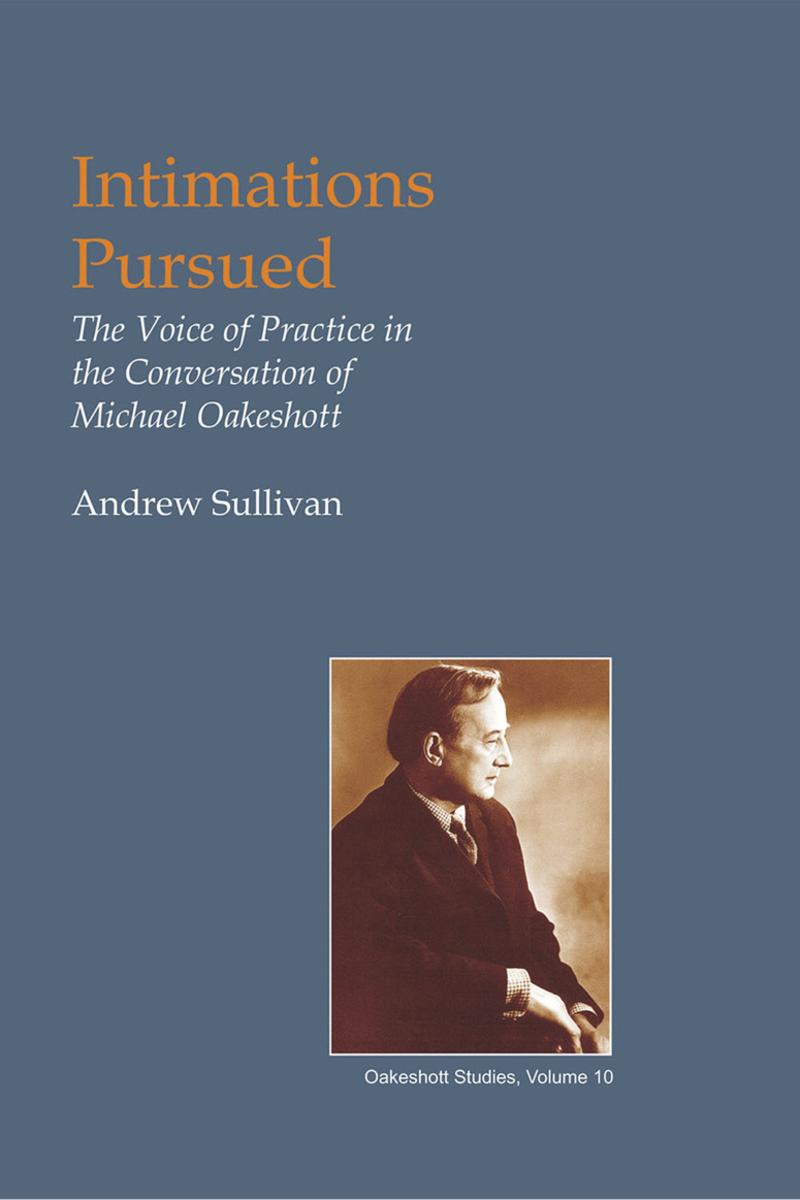
Intimations Pursued
¥220.63
In this book Andrew Sullivan examines Oakeshott's transition from his original emphasis on philosophy as providing what was ultimately satisfactory in experience to his later emphasis on practical life. This satisfaction is best achieved by a fusion of the modes of poetry and practice, leading the author to examine Oakeshott's view of religious life as the consummation of practice in its most poetic incarnation. The book also examines how the conception of practice is applied in Oakeshott's political writings, focusing on the notion of civil association.
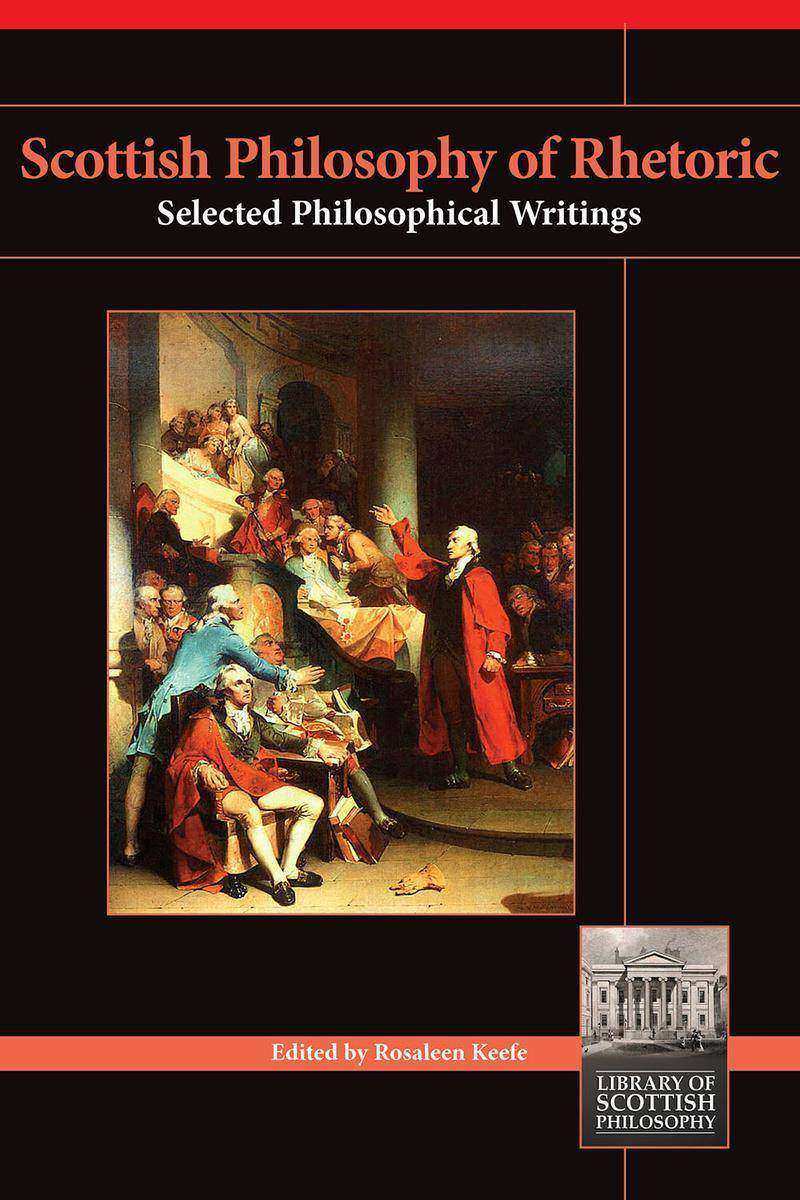
Scottish Philosophy of Rhetoric
¥107.81
The popular and successful rhetorical textbooks produced by the 18th century Scottish philosophical tradition, such as George Campbell's The Philosophy of Rhetoric (1776), Hugh Blair's Lectures on Rhetoric and Belles Lettres (1783), and Alexander Bain's English Composition and Rhetoric (1877) have been widely accorded a role in the trajectories of 19th and 20th century literary theory. Scholars have generally overlooked them, however, as philosophical works. The selected writings chosen for this volume show how these rhetorical textbooks were a practical extension of the philosophy of language developed by 18th century Scottish philosophers.Francis Hutcheson, Adam Smith, Thomas Reid, Adam Ferguson, Alexander Gerard, and Henry Home, Lord Kames, advanced a radically new paradigm of language as an inherently mediated practice, directed simultaneously to personal and social, moral and aesthetic uses. This Scottish philosophy of rhetoric powerfully influenced the teaching of language and literacy as tools for social and educational innovation.This volume - the first of its kind - offers a wide variety of writings on rhetoric and rhetorical theory, selected in a way that reveals their intimate connection with the Scottish philosophical tradition.
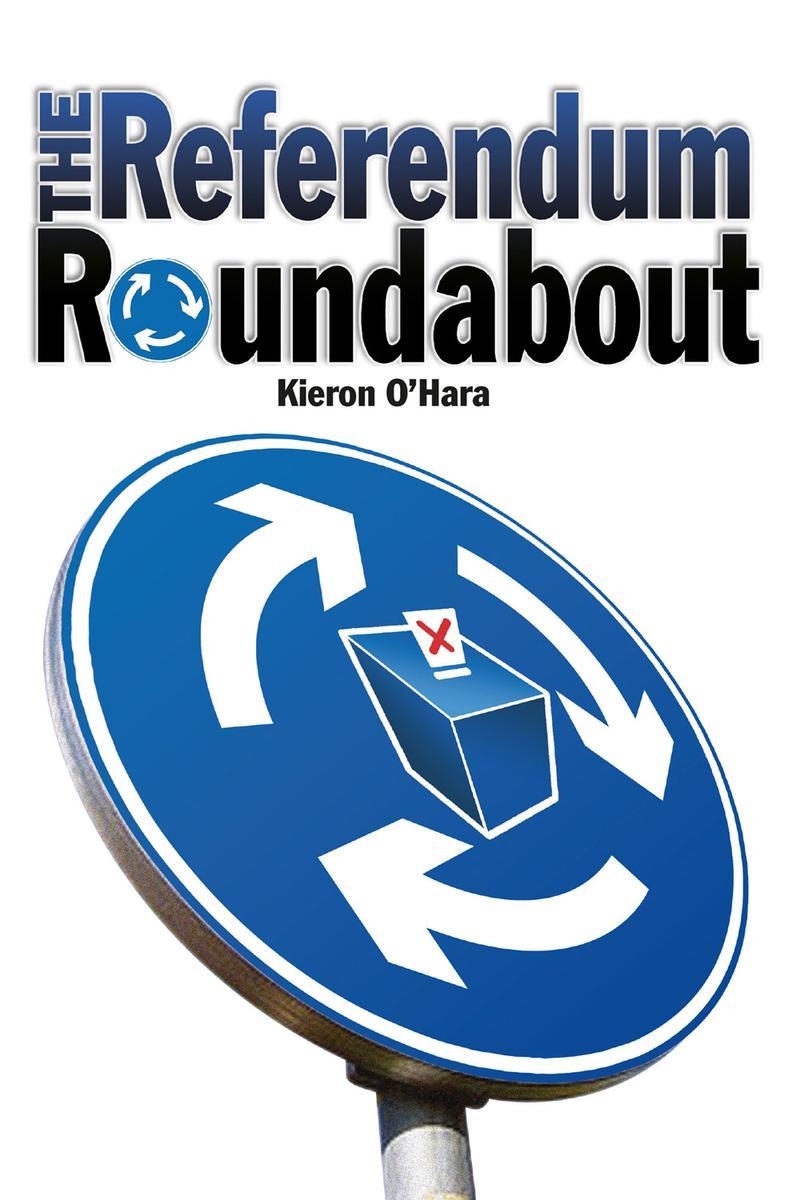
Referendum Roundabout
¥63.67
A lively and sharp critique of the role of the referendum in modern British politics. The 1975 vote on Europe is the lens to focus the subject, and the controversy over the referendum on the European constitution is also clearly in the author's sights.
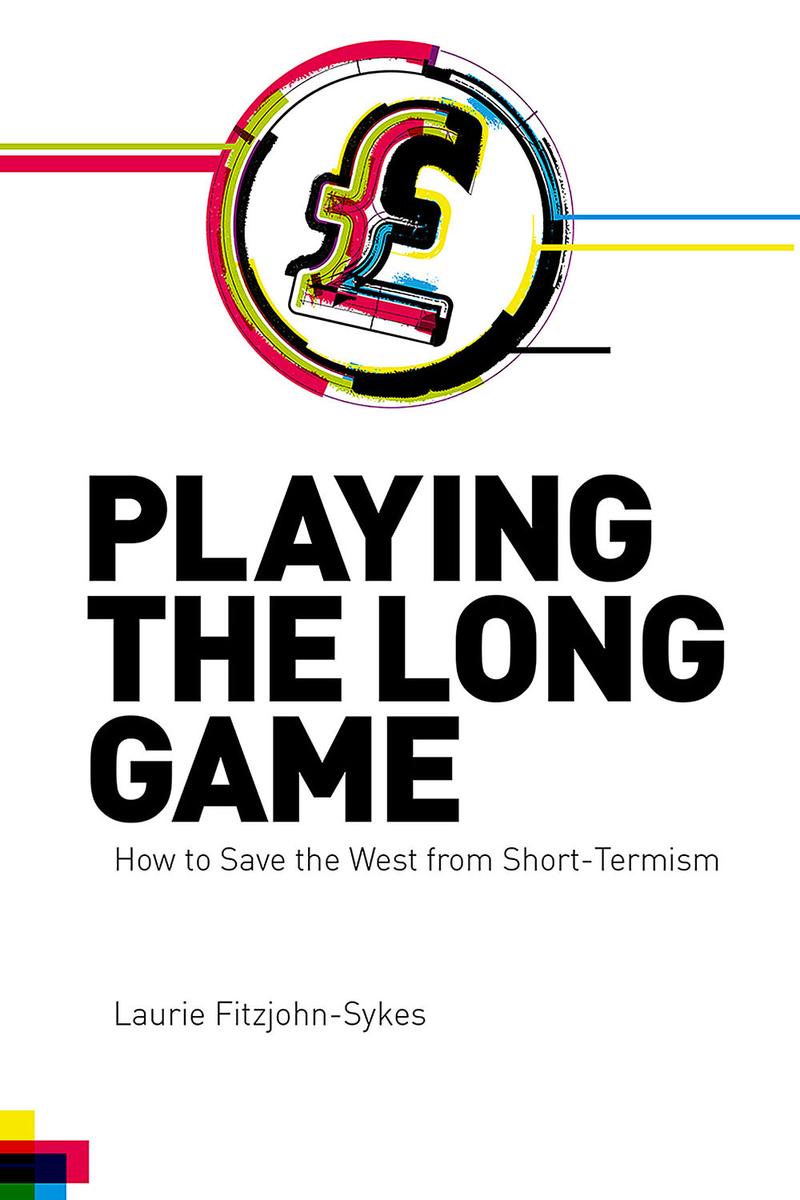
Playing the Long Game
¥58.76
We obsess about what our politicians are doing, but ignore that our companies are no longer investing, instead they are focusing on next quarter's profits in order to justify ever higher executive compensation. This is in turn accelerating the West's economic decline versus the East. While the short-term focus of business is becoming widely acknowledged, we are not doing enough to reverse this. Looking at the less known history of companies shows us the choices we can no longer afford to ignore. Some current reforms need to go further and some areas that need reform are currently being ignored. Encouraging our businesses to invest again is one of the most important issues of our time.
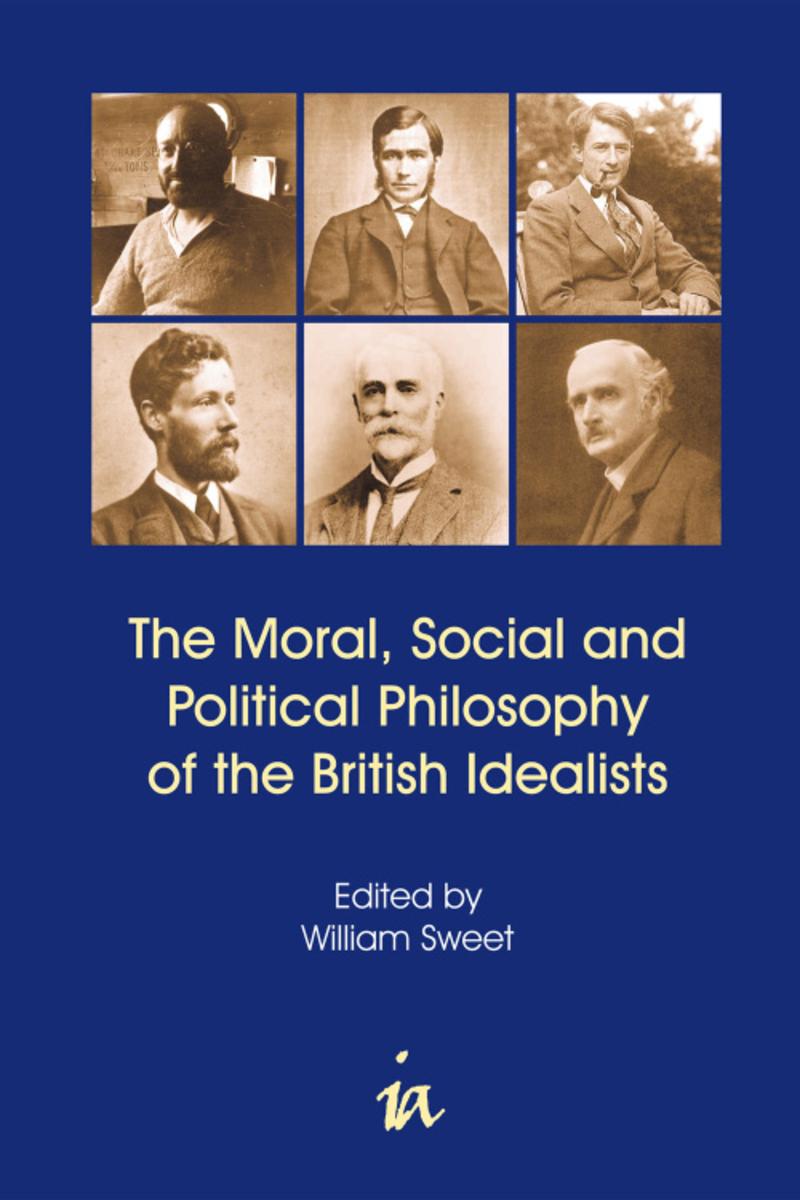
Moral, Social and Political Philosophy of the British Idealists
¥186.29
The British idealists of the late 19th and early 20th century are best known for their contributions to metaphysics, logic, and political philosophy. Yet they also made important contributions to social and public policy, social and moral philosophy and moral education, as shown by this volume. Their views are not only important in their own right, but also bear on contemporary discussion in public policy and applied ethics. Among the authors discussed are Green, Caird, Ritchie, Bradley, Bosanquet, Jones, McTaggart, Pringle-Pattison, Webb, Ward, Mackenzie, Hetherington, Muirhead, Collingwood and Oakeshott. The writings of idealist philosophers from Canada, South Africa, and India are also examined. Contributors include Avital Simhony, Darin Nesbitt, Carol A. Keene, Stamatoula Panagakou, David Boucher, Leslie Armour, Jan Olof Bengtsson, Thom Brooks, James Connelly, Philip MacEwen, Efraim Podoksik, Elizabeth Trott and William Sweet.

Language of Lies
¥58.76
A thrilling debut novel from exciting new author Polly Bradshaw. There is a terrorist bomb plot being set in motion against London banks; Terrorists have been brought into Britain by the mysterious Mr Smith, who can procure passports as easily as he can do away with people he doesn't care for. But where does the plot start? In Aldershot, an unsuspecting Registrar of Births, Marriages and Deaths, named Sasha, finds herself the target of a man, Kit Hatton, hell-bent on getting some bogus birth certificates from her, by hook or by crook. But by the time the terrorists have found their way into Britain, both Kit and his accomplice, Gary, are dead, and Gary has Sasha's name and address in his back pocket.
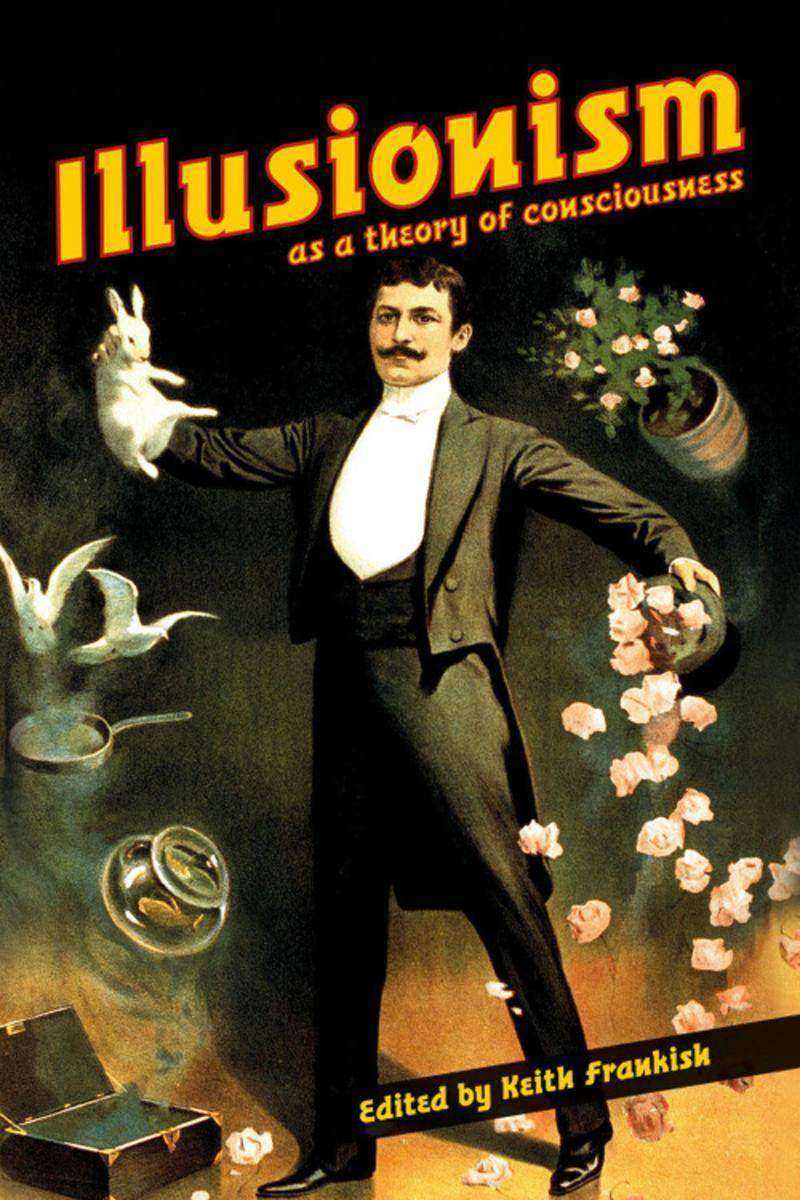
Illusionism
¥147.05
Illusionism is the view that phenomenal consciousness (in the philosophers' sense) is an illusion. This book is a reprint of a special issue of the Journal of Consciousness Studies devoted to this topic. It takes the form of a target paper by the editor, followed by commentaries from various thinkers, including leading defenders of the theory such as Daniel Dennett, Nicholas Humphrey, Derk Pereboom and Georges Rey. A number of disciplines are represented and different viewpoints are discussed and defended. The colleciton is tied together with a response to the commentaries from the editor.

Washday Colours
¥29.33
Washday Colours is a beautifully illustrated children's book by well-known author Suzy-Jane Tanner. It is from a new series of books which encourage learning and play in young children, engaging them in an interactive reading experience. In Washday Colours, young children will have fun identifying yellow dungarees, Dad's blue trousers and Mum's purple knickers as Mum chases and collects the Elephant family's flyaway washing.
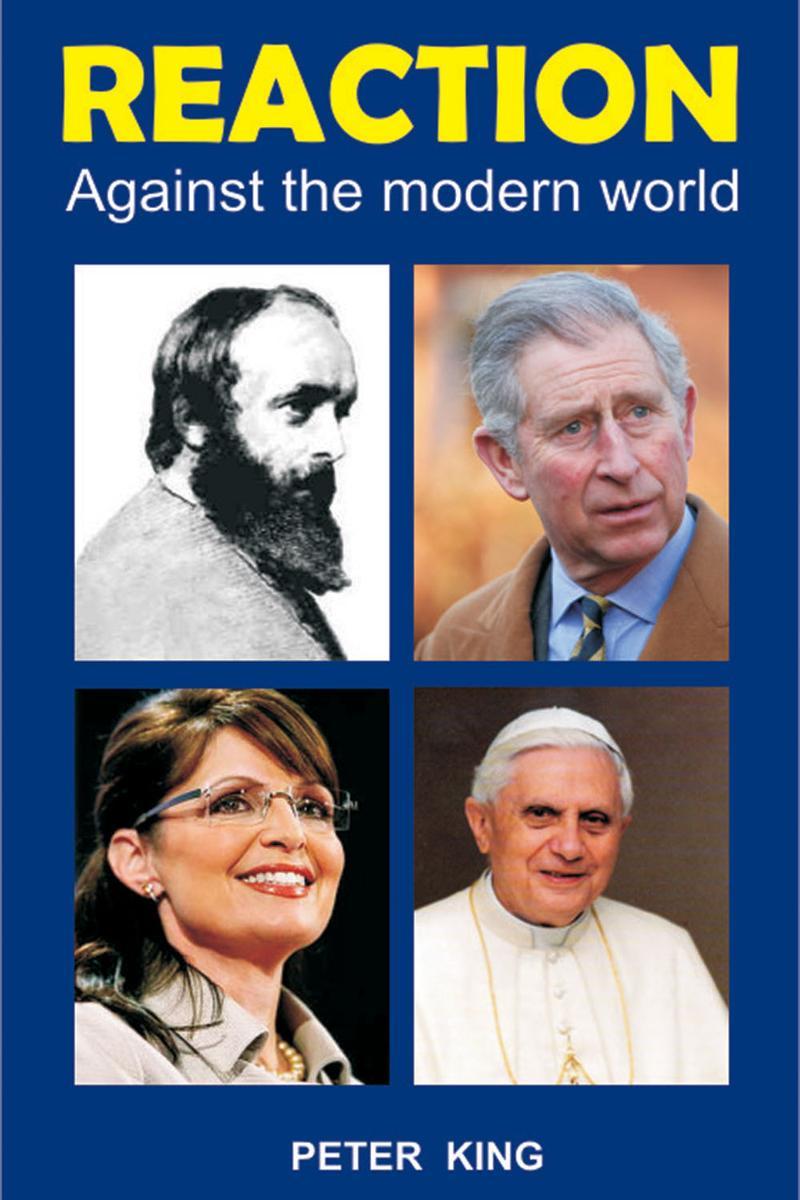
Reaction
¥63.67
To call someone a reactionary is to insult them and to end any argument. There is no possible rejoinder: no one could possibly wish to be a reactionary. But what if one were to gratefully accept the label? What would it mean to wilfully and honestly be a reactionary? Referencing thinkers as diverse as Burke, de Maistre, Guenon, Ratzinger, Scruton and the Prince of Wales this book considers the nature of reaction as a justified response to modernity and the constant call for change. Reaction is shown to take two distinct forms: first, as a rejection of progress and a defence of traditional culture and values; and second, as a common sense disquiet and distaste towards elites. These are seen as entirely valid responses to the failure of modernity. 'Reaction' presents an original and thoughtful critique of modernity and a defence of tradition. It will be of interest to anyone concerned that we are heading too far and too quickly in the wrong direction.
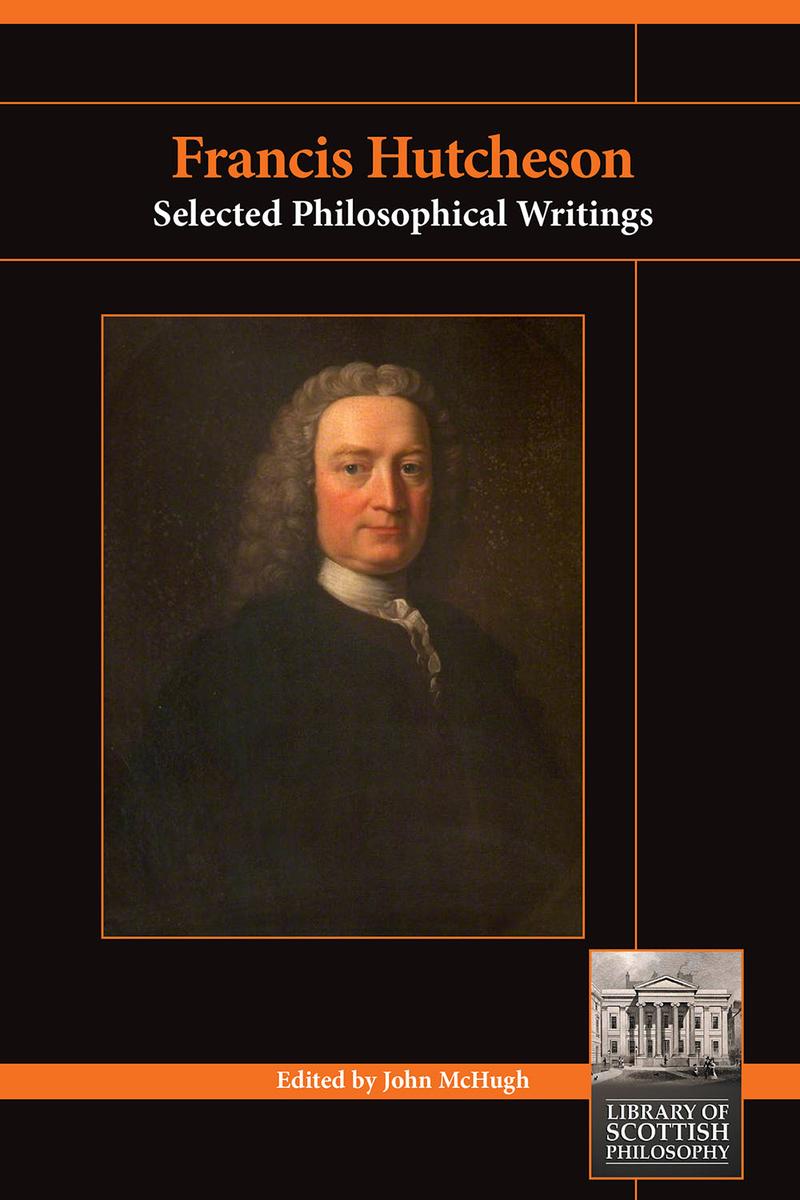
Francis Hutcheson
¥107.81
Known today mainly as a teacher of Adam Smith (1723-90) and an influence on David Hume (1711-76), Francis Hutcheson (1694-1746) was a first-rate thinker whose work deserves study on its own merit. While his most important contribution to the history of ideas was likely his theory of an innate sense of morality, Hutcheson also wrote on a wide variety of other subjects, including art, psychology, law, politics, economics, metaphysics, and logic. Spanning his entire literary career, this collection brings together selections from Hutcheson's greater and lesser known works, including his youthful "e;Thoughts"e; (1725) on Thomas Hobbes' (1588-1679) egoistic theory of laughter.
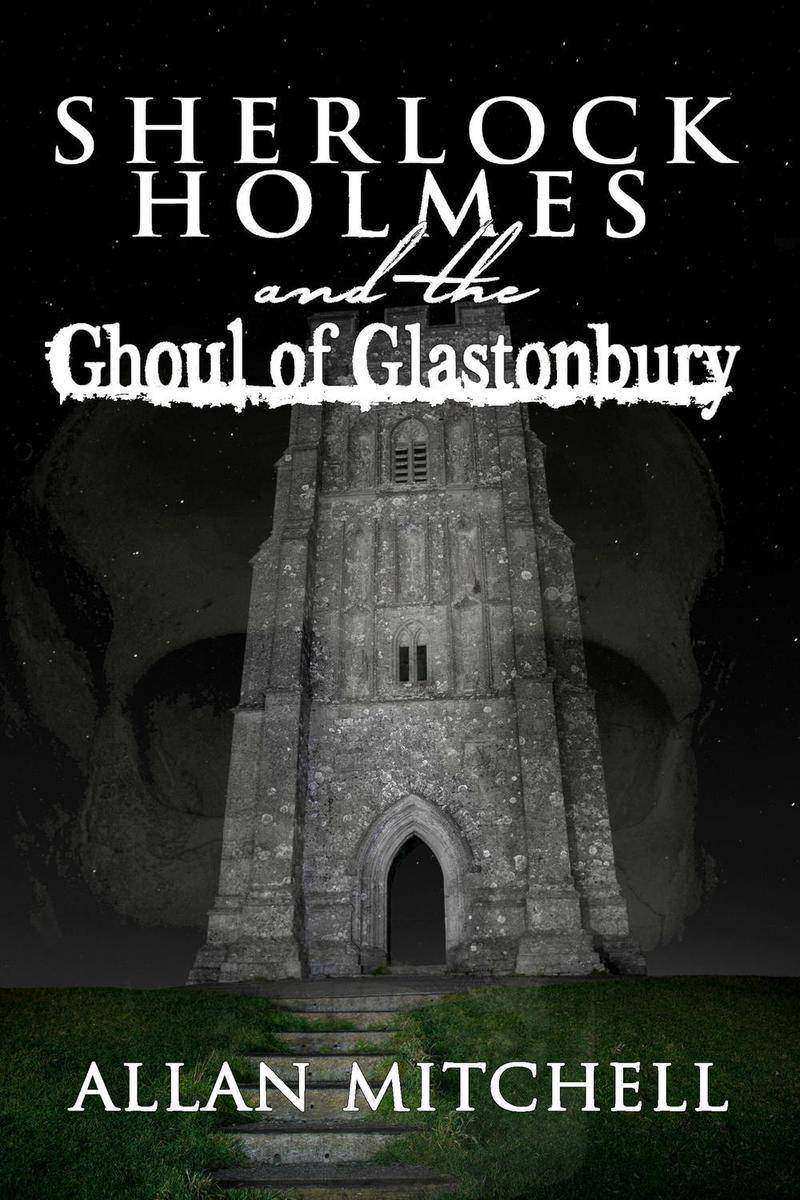
Sherlock Holmes and the Ghoul of Glastonbury
¥68.57
Emotion-filled memories come cascading from the mind of Britain's foremost investigator as a troubled Glastonbury sends its emissaries to beg help in solving a series of poisonings besetting a region Holmes had experienced and explored as a young lad.Somerset, battleground of successive invaders over the centuries, has a secret which forms a bond between all those born under the mantle of Britannia, a secret trying to break free but which, in doing so, might destroy the very fabric of Britain's hard-won but still tenuous unity.Sherlock Holmes, summoned to solve a murder threatening ruin to greater Glastonbury's commercial prosperity, finds that there are deeper motives behind his summons and that one secret hides a great many more and forces the Great Sleuth to make a decidedly deadly decision to taunt the grim and ghastly Ghoul of Glastonbury.




 购物车
购物车 个人中心
个人中心



